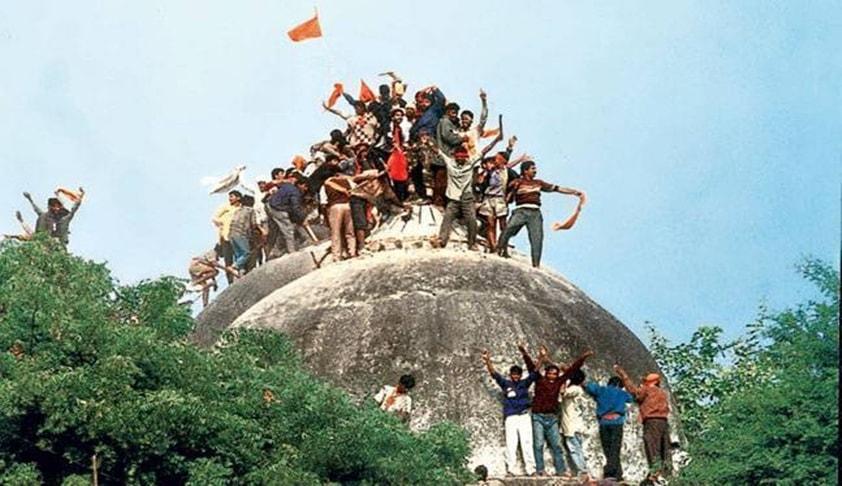Senior Counsel Rajiv Dhavan Challenges the Ismail Farooqui Decision in the Ayodhya Hearings

Day 2 of the Ram Janmabhoomi – Babri Masjid case was heard on March 23. Senior Counsel Rajiv Dhavan continued his submissions before the Supreme Court. Dhavan resumed his contention that the decision in Ismail Farooqui ought to be revisited by a five-judge Constitution Bench. In this hearing too, he raised questions regarding how the doctrine of essential practices is to be applied.
He contended that the decision in Ismail Farooqui had adopted a restrictive interpretation of Article 25. This Article pertains to the freedom of conscience and free profession, practice and propagation of religion. The Court in Isamail Farooqui stated that the denial to worship at a particular place does not constitute denying the right. As well as that offering prayers at every location where they could be offered is not an essential or integral part of religious practice. Dhavan challenged this reasoning as it severely restricts Article 25.
He also challenged the Court adopting the idea of ‘comparative significance’. The comparative significance here refers to the Court considering the significance a particular place has to all the religious stakeholders. The stakeholders to whom in the Court’s view the place has the most significance would have the better claim. This was challenged as it would affect religious harmony.
Referring to specific parts of the Judgement, the senior counsel challenged the Court rejecting the contention that once a place has been designated for a mosque it becomes the property of Allah even if the mosque is destroyed. He contended that religious sentiments would remain. The case may be different if the State had acquired the property or that the community had declared that they do not worship there anymore.
He contended that a binding precedent had not been followed, The Commissioner, Hindu Religious Endowments, Madras v. Lakshmindra. This case laid down that the right of a religious denomination to manage its own affairs under Article 26 is a Fundamental Right which cannot be infringed, while its right to acquire, own and administer property is subject to regulation by laws in the interests of public order, health and morality. Article 26 deals with the freedom to manage religious affairs. The senior counsel had admitted that certain restrictions may be imposed such as eminent domain.
While there is a need for the Supreme Court to review the decision in Ismail Farooqui, the social and political implications of any decision will be large. The forces of Hindutva have been able to turn the issue into a matter of religious pride. Their comments on the issue are made at regular intervals whenever an election is due – of course keeping in mind the constituency to be wooed. However, if the Court were to decide that a religious retains its significance even if it is demolished, it could affect another matter pending in Sikkim. This is regarding a Gurdwara being constructed on the shores of Gurudongmar Lake. The lake has a cultural and religious significance in Sikkim, and the Gurdwara was first established by the Army by bullying the locals. The locals, however, have fought back and sought to regain their land which was unfairly taken away. However, the Supreme Court would first have to determine whether the Ismail Farooqui decision should be reviewed.
Get the latest reports & analysis with people's perspective on Protests, movements & deep analytical videos, discussions of the current affairs in your Telegram app. Subscribe to NewsClick's Telegram channel & get Real-Time updates on stories, as they get published on our website.
























